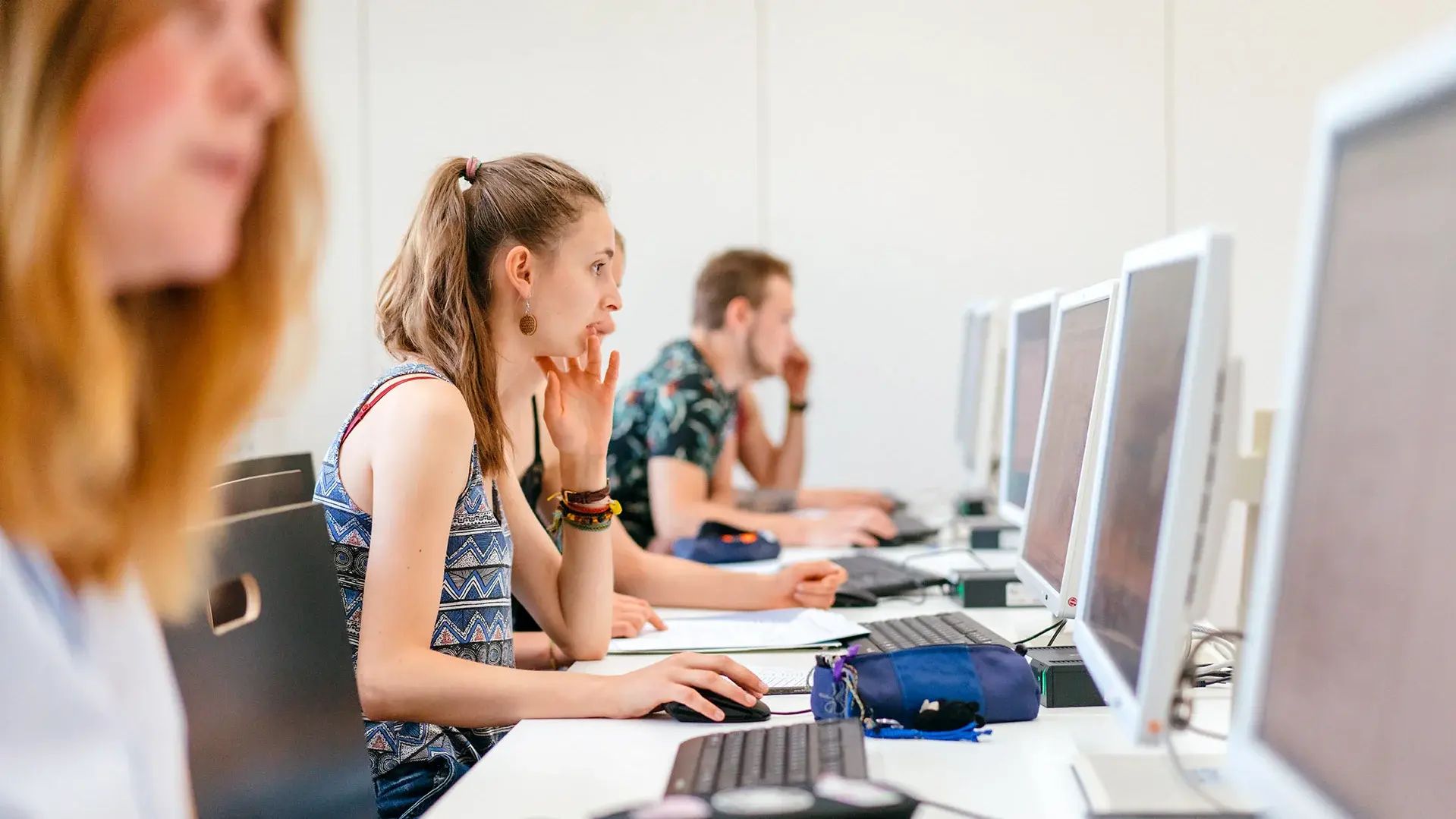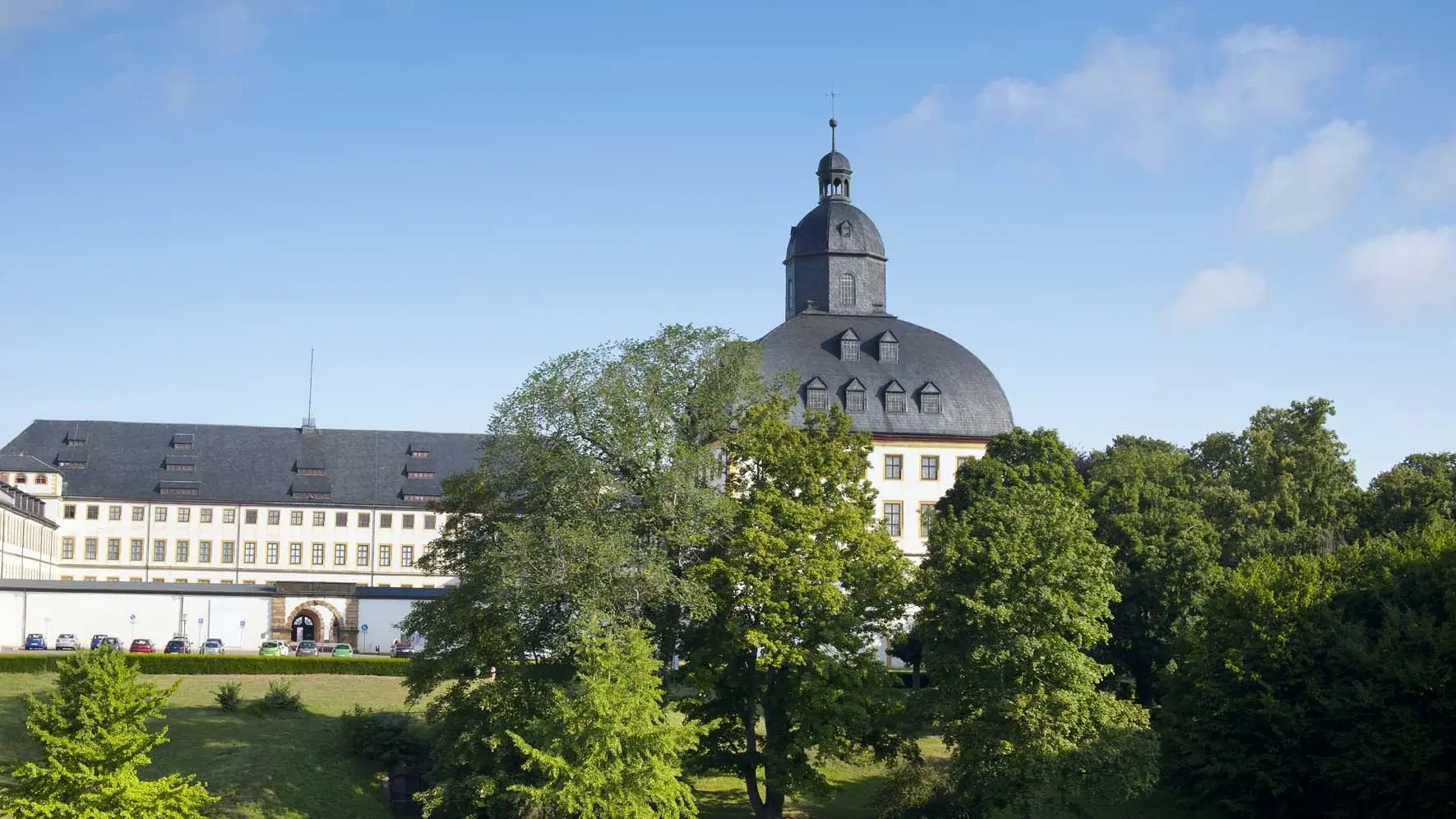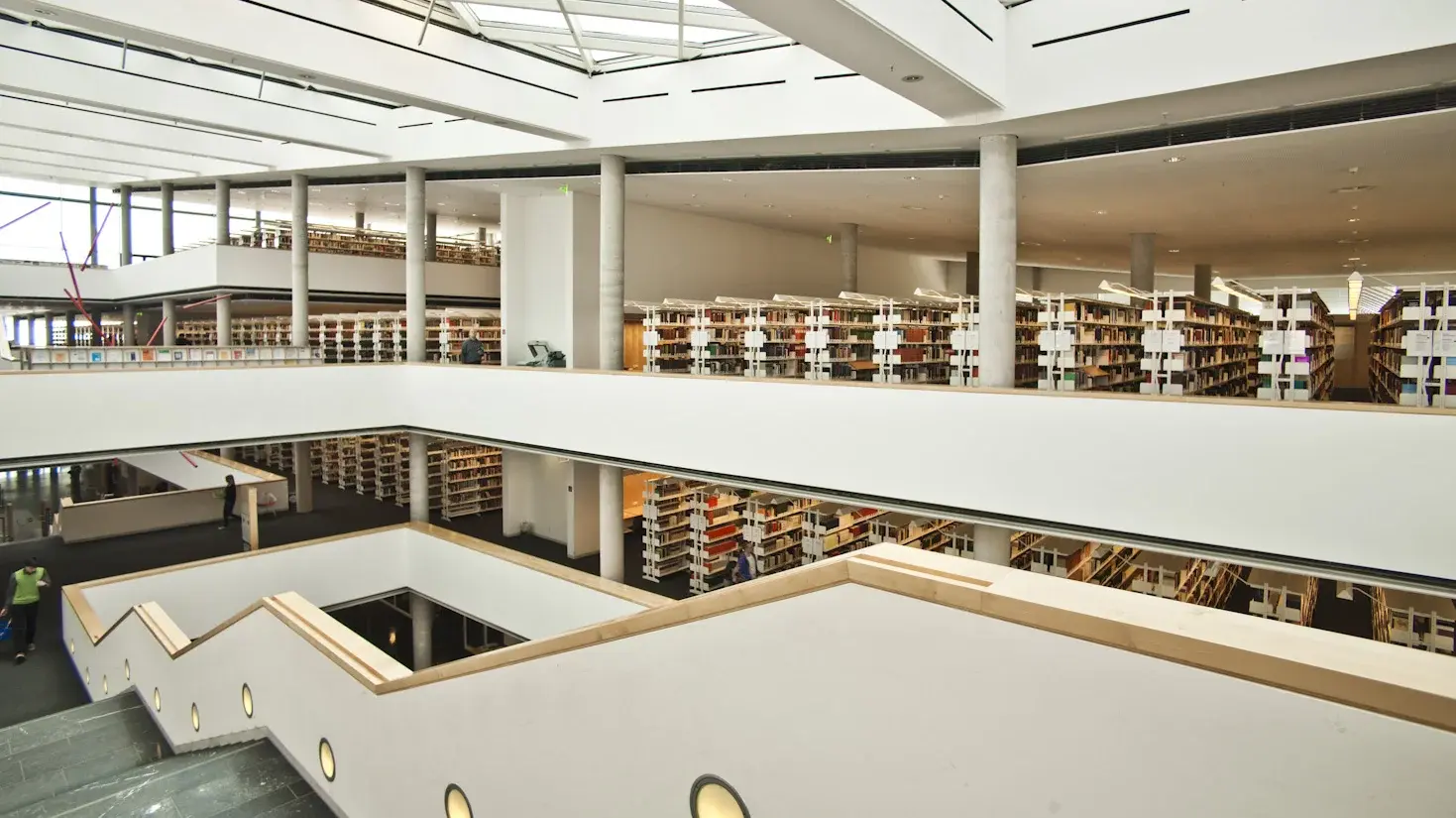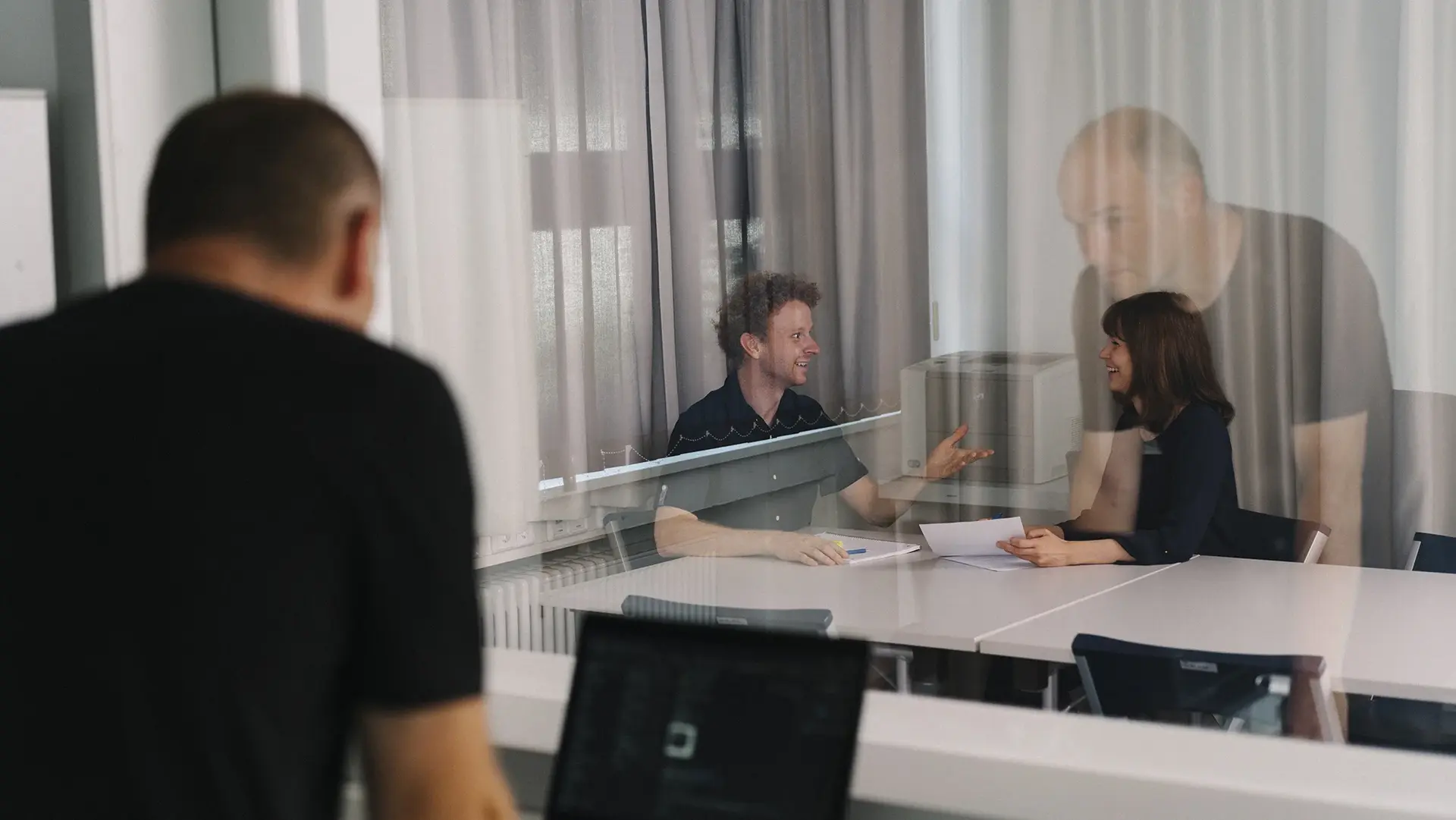Places of Research
Research Institutions
Since 2006, the Erfurt School of Education has been the central academic institution that conceives and organises teacher training at the University of Erfurt and coordinates the interfaces to the four faculties and other actors in teacher training on state and national level. Further fields of work are the promotion of young talent and research on teacher training as well as scientific training.
The Gotha Research Library is a special library for the history of culture and knowledge of the Early Modern Age and modern times. It sees itself as an institution of research infrastructure and accomplishes services on behalf of its historical collection as well as general research and science. It is part of the University of Erfurt and also part of an inspiring research environment at Friedenstein Castle in Gotha.
The Centre for Transcultural Studies / Perthes Collection sees itself as a platform for interdisciplinary research on the historical development of today's global world. Our research is oriented towards the Gotha collection contexts since the end of the 18th century and focuses in particular on the Perthes Collection held in the Gotha Research Library, which comprises the tradition of the publishing house Justus Perthes Gotha, founded in Gotha in 1785, and its successors.
Link to Websites of the Centre for Transcultural Studies / Perthes Collection
The Gotha Research Centre (FZG) is a central institution of the University of Erfurt. It is closely connected with the neighbouring Gotha Research Library, one of the most important early modern libraries in Germany, and with the museum collections of the Foundation Schloss Friedenstein. By this linkage, the FZG sees itself as a research centre for the history of culture and knowledge in modern times with the an eye to initiating and promoting research on basis of the Gotha collections.
The Willy Brandt School of Public Policy was founded in 2002 as part of the Faculty of Economics, Law and Social Sciences at the University of Erfurt. Since then it has been an interdisciplinary, practice-oriented and international professional school that prepares students for the demands and challenges of today's complex political world.
At the Institute for Planetary Health Behavior (IPB), communication, social, and behavioral science research, teaching, and science transfer are combined on the topics of climate and health behavior. The goal is to gain insights into human behavior to promote health and protect the climate and environment.
Link to websites of the Institute for Planetary Health Behavior (IPB)
Faculties and Max-Weber-Kolleg
Research at the Faculty of Catholic Theology at the University of Erfurt is closely engaged with the social and cultural environment in the eastern German states. It is shaped, among other things, by the experiences of the GDR ear, the social transformation process after the political upheavals of 1989, a low levle of attachement to the institution of the church and ecclesiastical-religious traditions among a large part of the populace, as well as the pastoral care of the Christian churces in the diaspora. Various research interests as well as research projects at the faculty apply to the Church as a social minority, topics of migration, which are part of the history of the Catholic Church in East Germany, and mission.
Further information about the research at the Faculty of Catholic Theology
The Faculty of Philosophy confidently participates in the profiling of new research foci across universities and aims to become a significantly recognized starting respectively central point within those profiling processes across universities. On the one hand this applies to the contribution in the development of new research foci of the university in association with the Gotha Research Centre and other seminars (especially the processes of spatializatio). On the other hand the faculty sees particular potential in the establishment of 'emerging fields' of research at the University of Erfurt, not least due to its own promotion of young resarchers.
Further information about the research at the Faculty of Philosophy
The Faculty of Economics, Law and Social Sciences combines disciplinary and interdisciplinary perspectives and, in addition to basic theoretical questions from economics, social science and law, is dedicated to the transformation of state and market under the conditions of the current European multi-level system as well as the political, economical and legal instruments for crisis management.
Further information about the research at the Faculty of Economics, Law and Social Sciences
The Max-Weber-Kolleg follows a Weberian research programme, which can be briefly characterised as interdisciplinary and comparative scocial sciences with a great historical profundity and an interst in normative questions. The research programme focuses on the following areas:
- Religion, science and la was powers of interpretation and control;
- interactions between cultures, social orders and mentalities in radical change;
- action-theoretical foundations of cultural and social sciences and their relationship to normative, especially ethical questions.

![[Translate to English:] FZG Vortragssaal](/fileadmin/_processed_/e/f/csm_csm_3_Alternative_Saal_mit_Vortrag_von_oben_b37254123c_28bf39f7f8.webp)
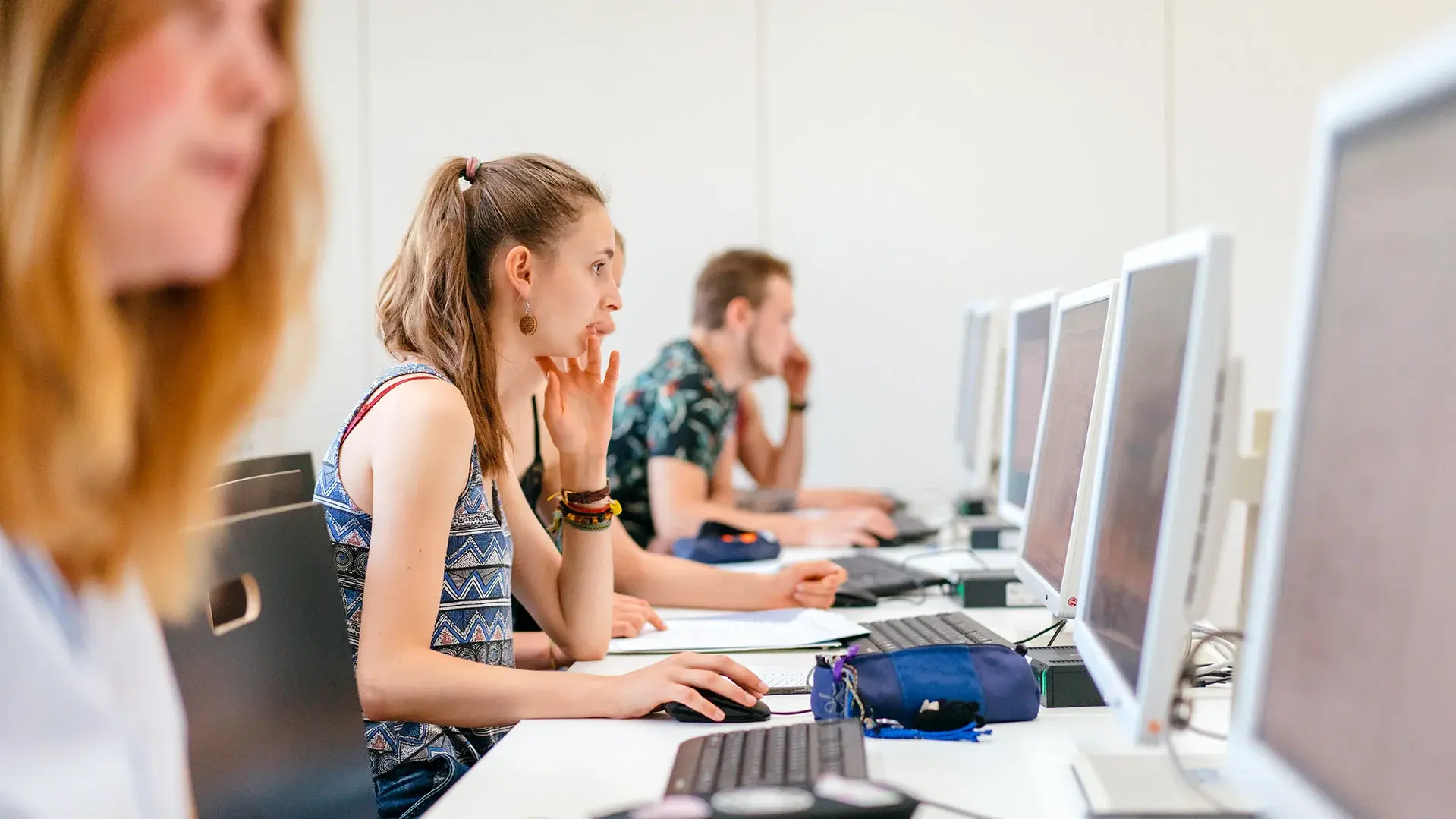
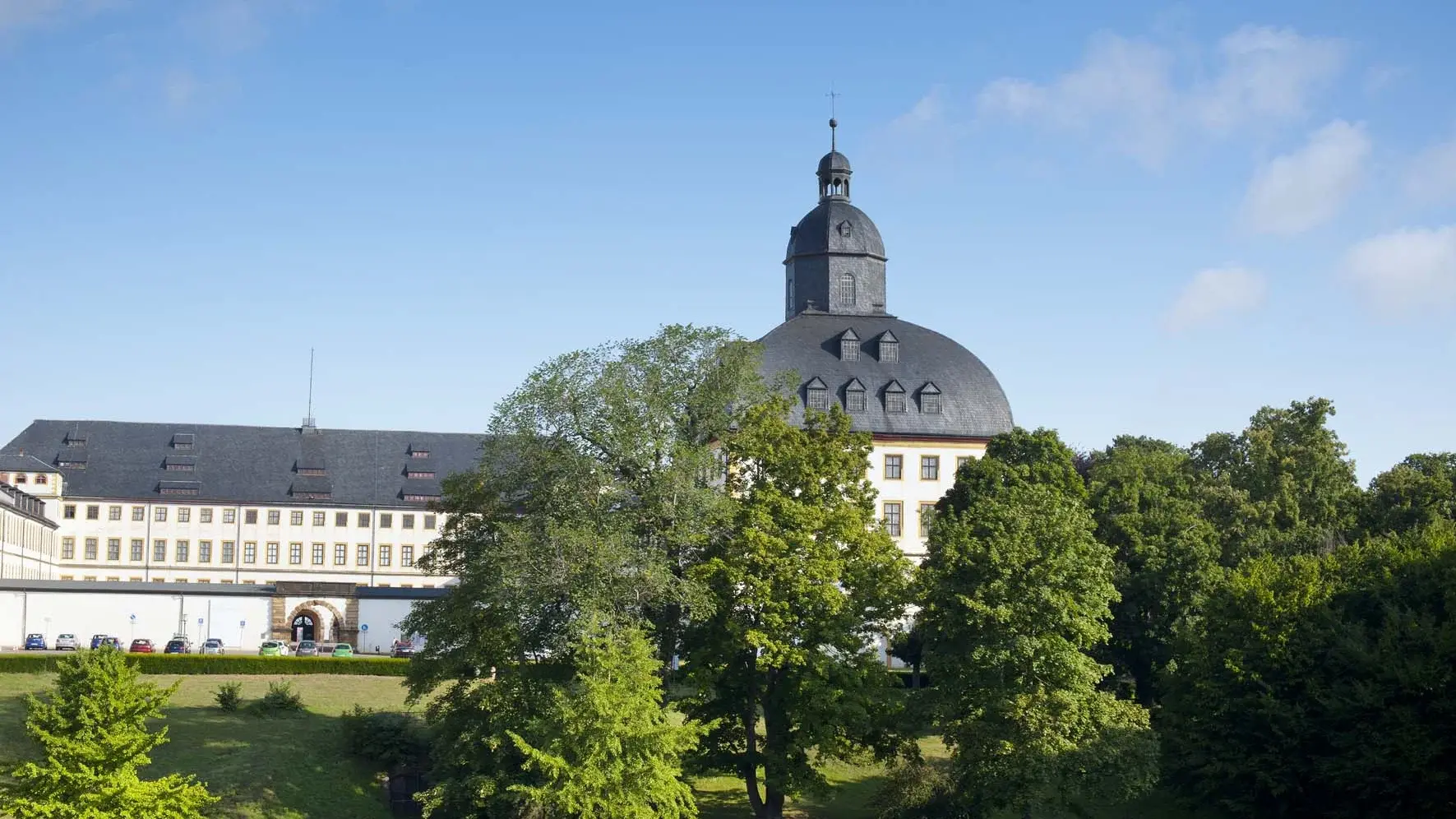
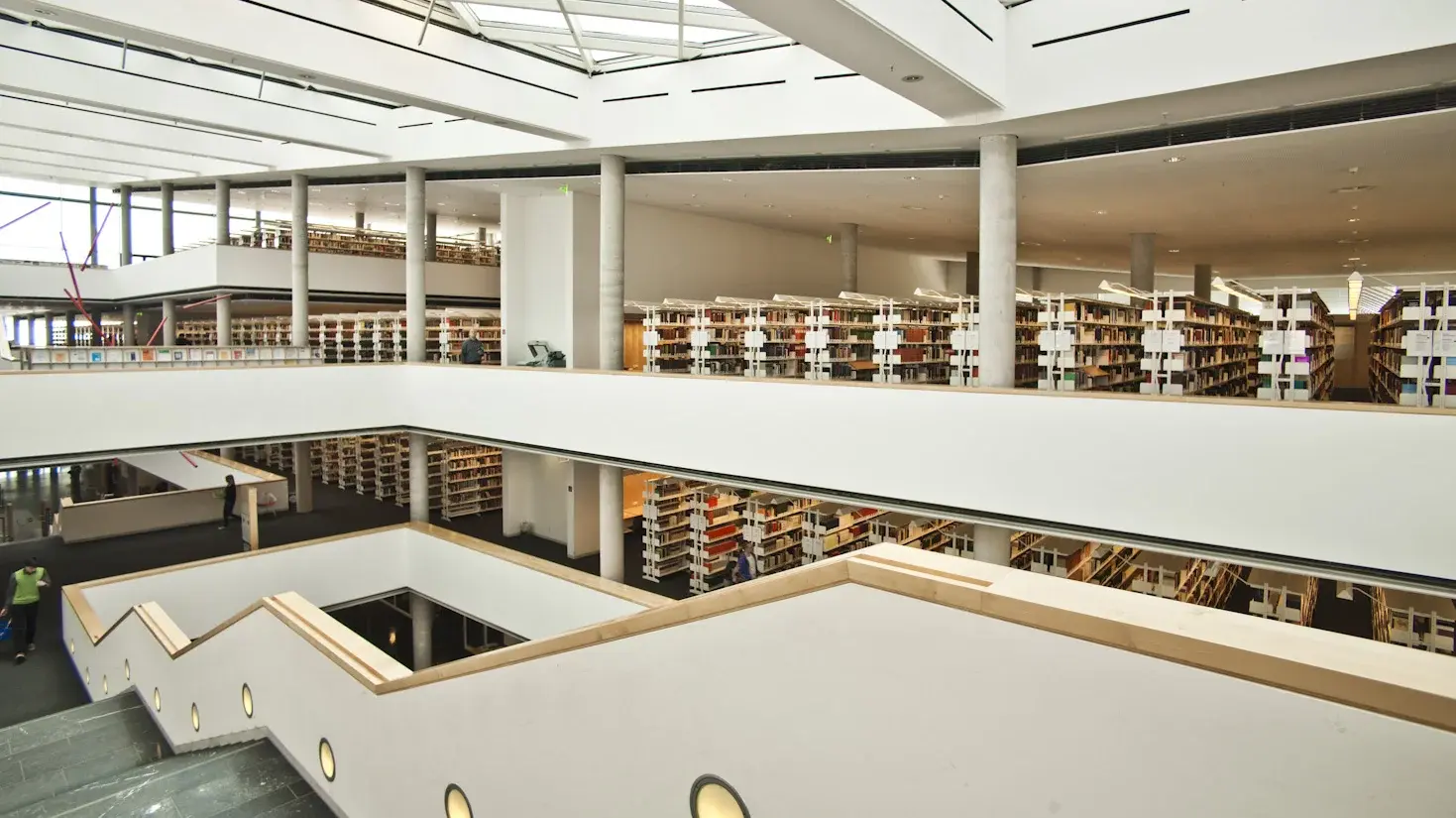
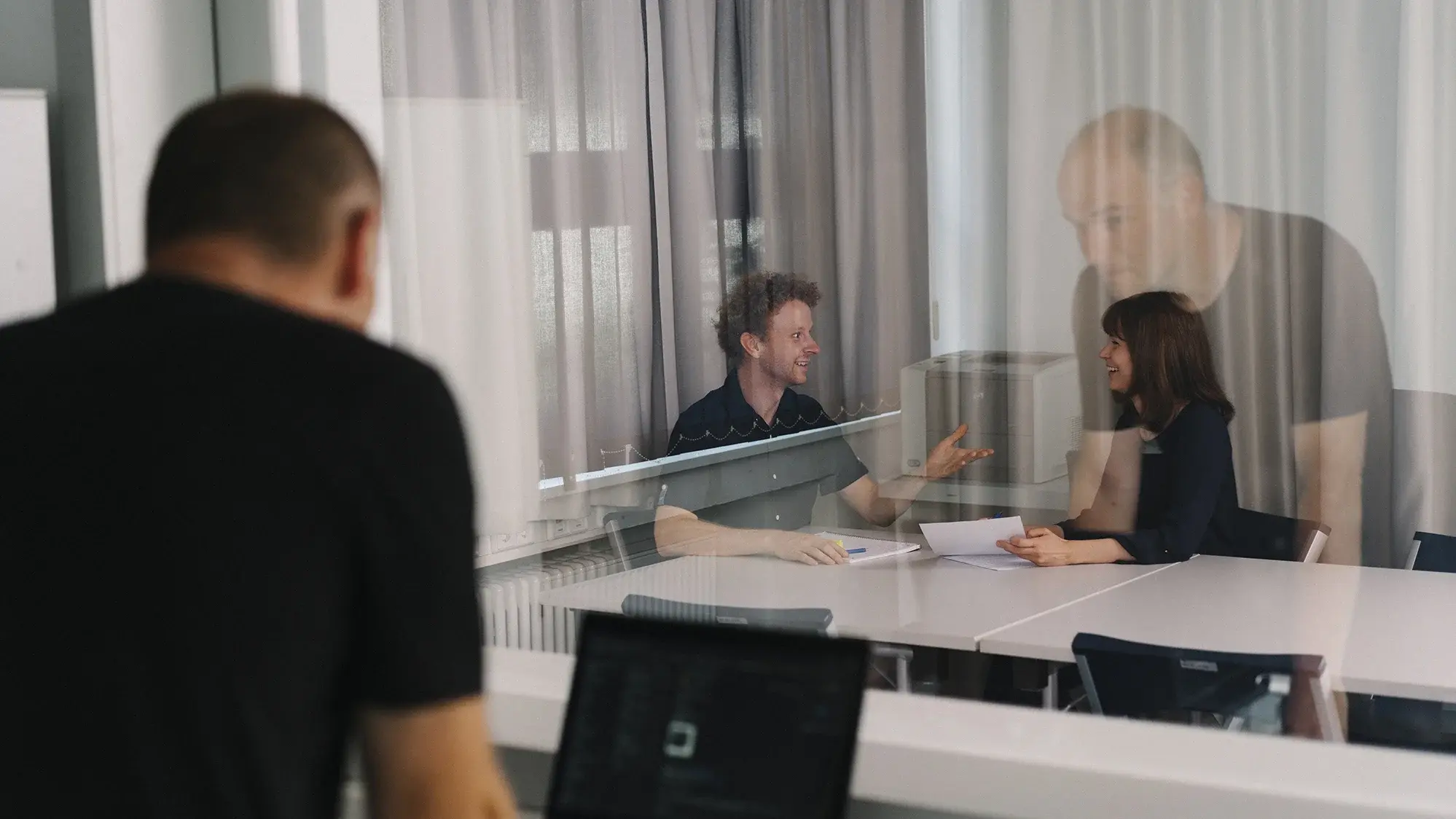


![[Translate to English:] FZG Vortragssaal](https://www.uni-erfurt.de/fileadmin/_processed_/e/f/csm_csm_3_Alternative_Saal_mit_Vortrag_von_oben_b37254123c_a2850f55dd.webp)
